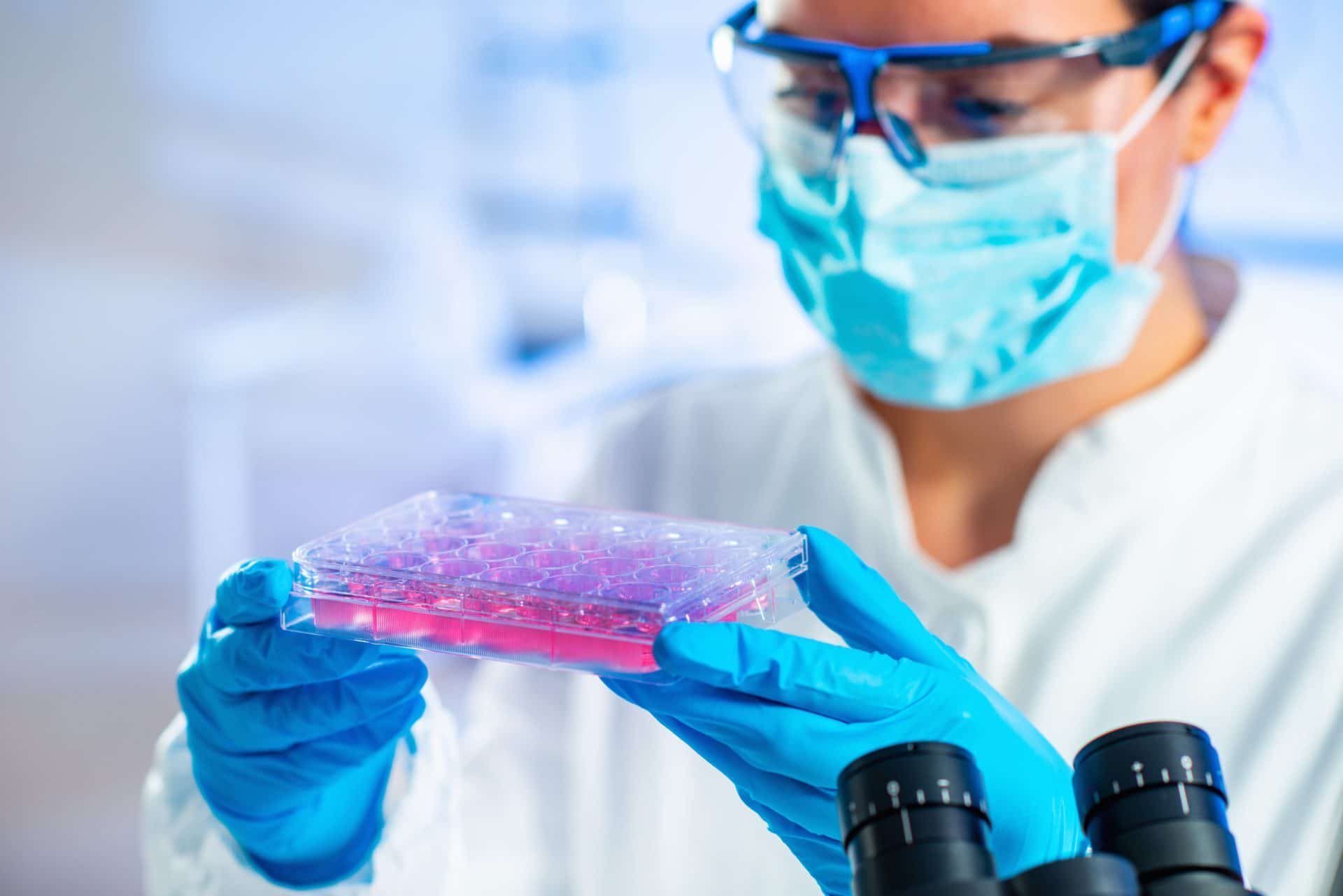

In-vitro (performed in a laboratory setting) and in-vivo (taking place in a living organism) studies have supported the understanding mechanisms, safety, and efficacy of MSC therapy in clinical applications. MSCs are widely used in the treatment of various diseases due to their self-renewable, differentiation, anti-inflammatory, and immunomodulatory properties. Mesenchymal stem cells (MSCs) can be sourced from a variety of tissue including adipose tissue (fat), bone marrow, umbilical cord tissue, blood, liver, dental pulp, and skin. Mesenchymal stem cells (MSCs), self renewal capacity is characterized by their ability to divide and develop into multiple specialized cell types present in a specific tissue or organ. Mesenchymal stem cells are adult stem cells that have self-renewal, immunomodulatory, anti-inflammatory, signaling, and differentiation properties. Stem cells are the body's raw materials - cells from which all other cells with specialized functions are created. found that Mesenchymal stem cells (MSCs) facilitate tissue regeneration through mechanisms involving self-renewal and differentiation, supporting angiogenesis and tissue cell survival, and limiting inflammation." (3) Pictured: Diagram showing the processes of MSCs and how they reduce inflammation within the body. " MSCs are able to migrate and seed specifically into damaged tissue sites, where they can differentiate into functional cells to replace damaged or diseased cells" (4) Mesenchymal stem cells do this by influencing tissue repair via paracrine effects (cell signaling in order to change the behaviour of existing cells) or direct cell-to-cell contact. Studies have shown that stem cells can regenerate damaged or diseased tissues, reduce inflammation and modulate the immune system promoting better health and quality of life. Stem cells have a unique, intrinsic property that attracts them to inflammation in the body. The therapeutic uses of stem cells as a potential therapy for a variety of diseases has been immensely explored, the number of clinical trials conducted with Mesenchymal Stem Cells has increased exponentially over the past few years. "The characteristics of presenting no major ethical concerns, having low immunogenicity, and possessing immune modulation functions make MSCs promising candidates for stem cell therapies." - Jiang, et al.

Mesenchymal stem cells are adult stem cells, meaning they present no ethical concerns, MSCs are not sourced from embryonic material. Mesenchymal stem cells (MSCs) also have the capacity to self-renew by dividing and developing into multiple specialized cell types present in a specific tissue or organ. Mesenchymal stem cells utilize their self-renewal, immunomodulatory, anti-inflammatory, signaling, and differentiation properties to influence positive change within the body. The method of administration can have different effects on a patient and should be thoroughly considered prior to selecting a route. Stem cells can be administered in a variety of fashions IV Stem Cell Therapy (Intravenous administration), Intrathecal (directly into the spinal canal), Site injections into problem areas (Knee, hips, hands, etc.). Types of Mesenchymal Stem Cells (MSCs) and their Mechanisms of Action


 0 kommentar(er)
0 kommentar(er)
